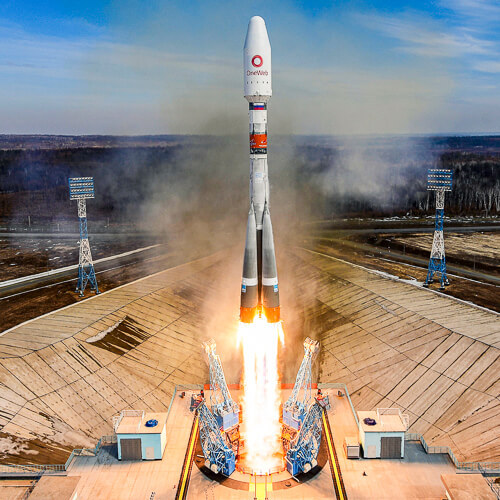
Also in today's EMEA regional roundup: Zain Jordan gives Nokia the upgrade nod; MTN cements its reputation in 5G; the BBC's Twitter beef.
OneWeb, the satellite broadband company jointly owned by the UK government and India's Bharti Global, has been chosen to participate in trials which will see its low-Earth orbit satellite communications network being used to deliver connectivity to what are officially deemed "Very Hard to Reach Premises." OneWeb will work with BT and Clarus to bring broadband to the Shetland Islands, way up in the north of the UK, and Lundy Island in the southwest. The trials form part of the UK government's newly announced Wireless Infrastructure Strategy, which also sees a commitment to bring standalone 5G to "all populated areas" of the UK by 2030 and a promise to set out a clear strategy for shaping the development of 6G, so the UK, in the arguably overcooked words of the government press release, "strengthens and maintains its role as a science superpower." Figure 1:
 OneWeb: To Shetland, Lundy, infinity and beyond.
OneWeb: To Shetland, Lundy, infinity and beyond.
(Source: Roscosmos, Space-Center-Vostochny and TsENKi)Zain Jordan has chosen Nokia to upgrade its existing network infrastructure and deploy 5G radio access network (RAN) equipment from its AirScale range. The deal covers more than 3,000 sites nationwide.
Huawei claims to have launched Uganda's first 5G industrial use cases – at a cement factory owned by HIMA – in partnership with MTN. At a demonstration of the technology, Huawei and MTN showed how 5G could be used, among other things, to make HIMA's training processes more efficient.
Following on from Virgin Media's broadband problems last week, rival UK operator Vodafone suffered a fairly significant outage over the Easter weekend with, as Reuters reports, around 1% of its 1.2 million customers affected on Sunday.
The BBC, possibly the world's best-known public broadcaster, is less than impressed with having its main Twitter account being labeled as "Government-funded media" by the social media platform, and has been in contact with its boss, Elon Musk, to try to have the designation changed. The BBC's argument is that rather than being funded directly from the government, it receives its funding from the British public through a license fee, which only has to be paid by viewers if they watch live TV on any platform or use the BBC's iPlayer catch-up service. At the time of writing, the "Government-funded media" label was still in place.
— Paul Rainford, Assistant Editor, Europe, Light Reading
Read more about:
EuropeAbout the Author(s)
You May Also Like











